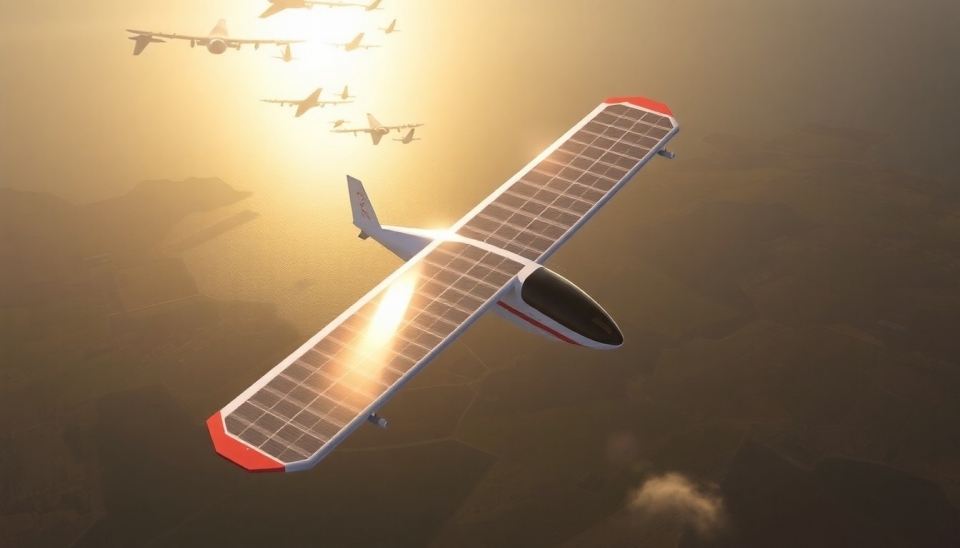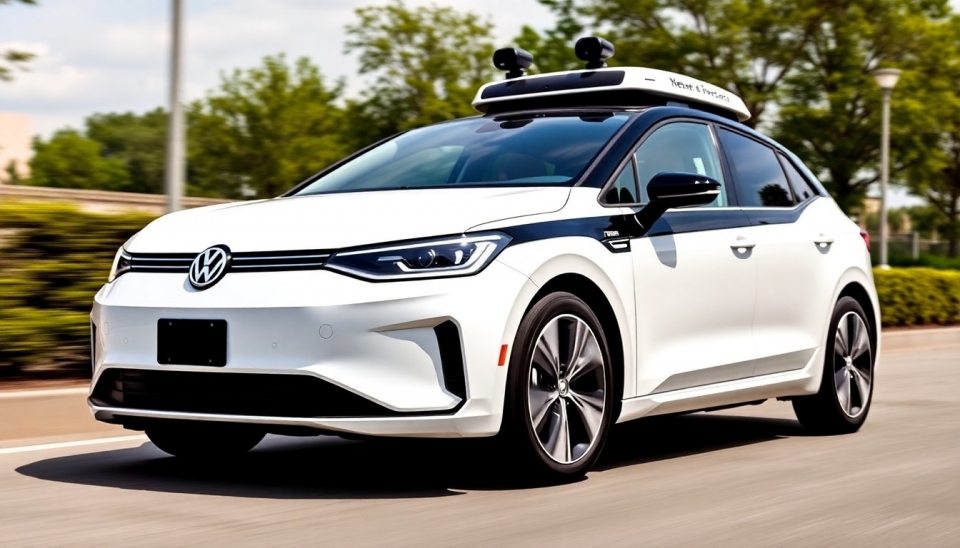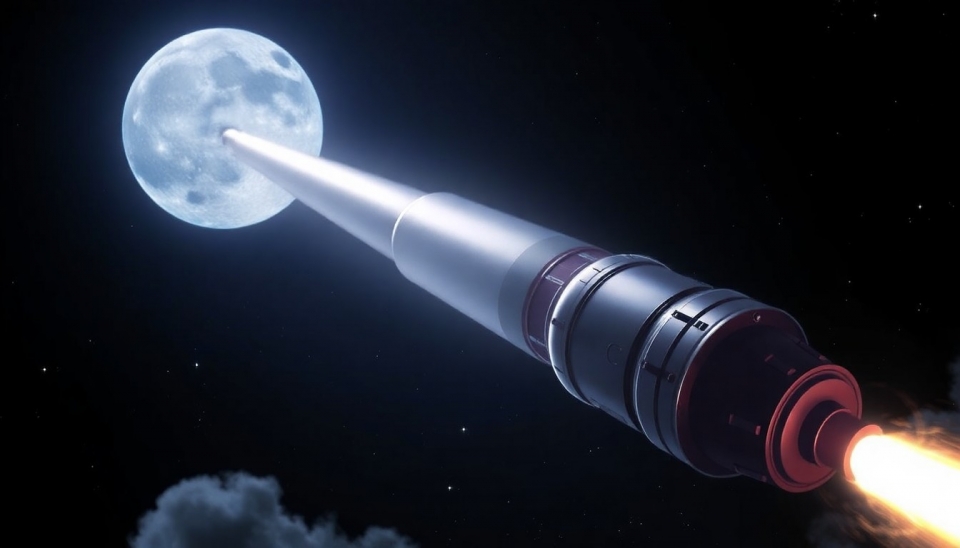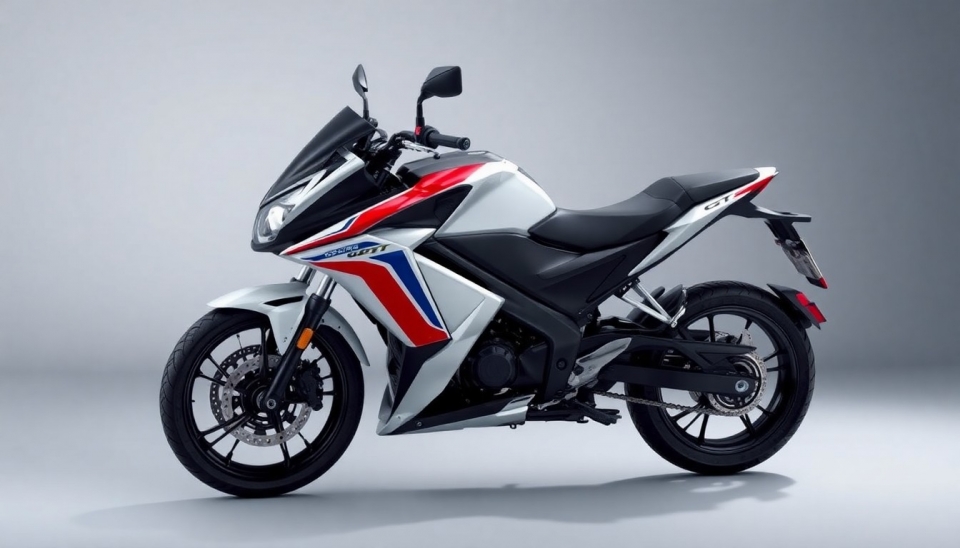Unique Solar-Powered Aircraft Achieves 22-Hour Autonomous Flight

Recently, a significant achievement in aviation was announced: a solar-powered aircraft has completed its first prolonged flight without human intervention. This milestone was made possible due to innovative technologies and an autonomous control system that allowed the aircraft to remain airborne for a remarkable 22 hours. The project was developed by a company specializing in green technologies, aimed at demonstrating the potential of renewable energy sources in aviation.
The aircraft, named SolarStratos, was launched from an airport in the Swiss Alps. Solar panels were utilized to convert solar energy into electricity, powering all of the aircraft's systems. Throughout the flight, a team of engineers monitored its performance and collected data for further analysis. Achieving the 22-hour record was a result of meticulous planning and optimization of all aircraft systems.
Experts believe that this technological achievement may open new horizons for the creation of environmentally friendly aircraft that rely entirely on solar energy. This not only helps reduce the carbon footprint of the aviation industry but also creates opportunities for long-distance flights in scenarios where the use of traditional fuels is impractical or economically unviable.
Additionally, the work on SolarStratos may serve as a foundation for developing more efficient and sustainable technologies in both aviation and other sectors where autonomy and sustainability are crucial. It is expected that such achievements will be actively discussed among scientists and engineers, further facilitating the development of innovative solutions in air transport.
Therefore, the successful 22-hour flight of SolarStratos marks an important step toward a future where air transport becomes more sustainable and autonomous, potentially transforming our concepts of long-distance flights.
#SolarStratos #aviation #ecology #autonomousflight #renewableenergy #technologies #innovation




